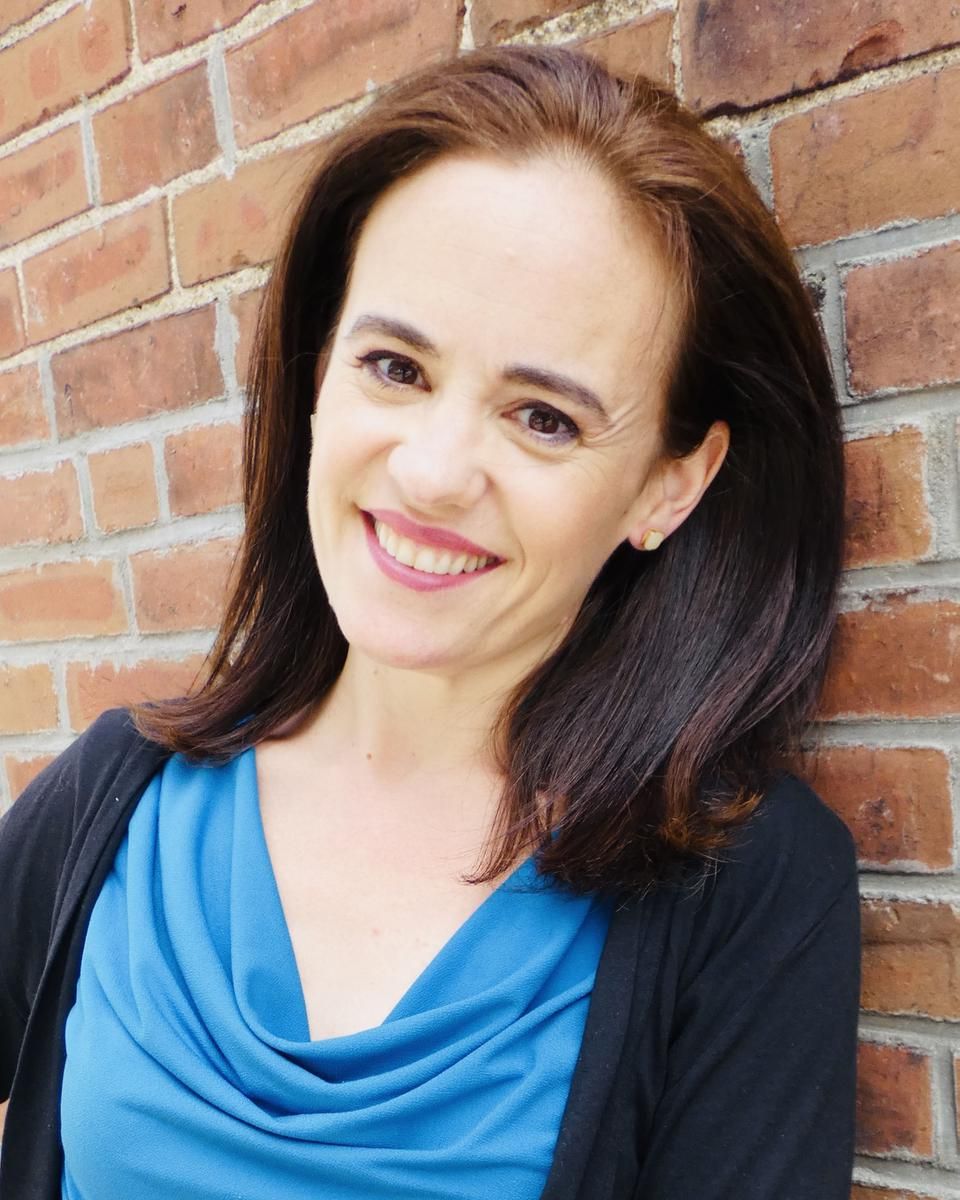
How Continuing Education Changed My Life (No, Really!)
This essay was originally published in the Clinicians Corner of Alma's members-only Community Hub. Learn more about the benefits of joining Alma's community, like Alma's Education Center. →
Alma’s Education Center, which is now accredited by the APA, NASW, and NBCC boards and will offer free continuing education to nearly all of our therapist members, launches this week.
In my work to support this new offering, I have had the chance to spend some time reflecting on the role that ongoing education and professional development has played in my life, and in my career.
Yes, it is something that we are all required to do in order to maintain our licenses, and I will confess to many occasions when I have been more focused on “checking the boxes” and accruing enough hours to be able to fulfill the requirements for licensure renewal than I have been on the opportunity to learn.
However, I also have experienced the potential for ongoing education to have far more impact on our work, our professional identities, and even on our lives.
In 2016 I found myself in a new professional role that offered a generous CE benefit that included coverage of travel expenses. At the time I was also parenting three young children, and the demands of work and family felt relentless.
I was eager for a break, so the requirement of ongoing education provided a justification for me to put aside my many obligations, and an opportunity to go somewhere else. It was early spring in New England, and I was longing for the warmer temperatures that I had experienced while living in North Carolina, doing some clinical training at Duke University.
So, I chose a time when I could offload all parenting duties to my partner, and registered for the only CE course available in the Durham area that weekend. That course was an introduction to Acceptance and Commitment Therapy (ACT).
I knew virtually nothing about ACT beyond it being a behaviorally-oriented modality. As a proud psychodynamic, relational-cultural clinician, I felt that behaviorism had little to offer my clinical work, and had successfully avoided much exposure to it beyond the counseling theory courses I had completed in grad school. Spending a couple days learning about a theory in which I had little interest seemed like a small price to pay for a weekend away.
What I experienced during those two days was nothing short of transformative.
While at times I felt lost in the rich, complex theory and philosophy that underlies ACT, when I witnessed the incredibly skilled trainer do real- and role-plays (including one with me as her “client”), I was inspired.
I was not sure exactly what she was doing, or how she was doing it, but I knew that I wanted to know how to do it, too. I wanted my clinical work to embody the deeply present and attuned, yet behaviorally impactful qualities that I was witnessing and experiencing first-hand.
Thus began a journey that has had profound professional and personal implications. While at times I have wished I could start my doctoral training over in the lab of one of the ACT “masters” and build these skills from the ground up, there has been something incredibly powerful about learning while doing the work of a practicing clinician.
I returned from the training and immediately began to implement the skills I had learned, and upon seeing the impact they had on the work I was doing with my clients, wanted to learn more. I enrolled in a four-day ACT bootcamp, and trainings with master clinicians including Kelly Wilson, Steve Hayes, Robin Walser, and Kevin Polk.
Slowly but surely, I developed the ability to think like an ACT clinician, to draw from a broad toolkit of ACT interventions, and to conceptualize behavior change through the lens of psychological flexibility.
My clinical world became richer and deeper.
I sought out a highly-skilled ACT therapist of my own, and watched my own behavior change as a result of working with a deeply caring, attuned therapist who supported me in applying the tools I was using with my clients to my own life.
And finally, with learning and lived experience under my belt, I began supervising others who were learning ACT, giving ACT trainings, and applying the science and philosophy that underlie ACT to the work that I do outside the therapy room as a consultant and clinical leader. It would not be an exaggeration for me to say that learning ACT transformed my life both in and outside my role as a therapist.
As we roll out our new CE program — offering courses in a wide range of theoretical orientations (including ACT!) and focused on a broad range of presenting concerns and client populations — it is my greatest wish that others might experience the impact that I have as a result of a CE course, perhaps one done with the intention of “just checking a box.”
We are hosting courses with some incredible trainers who represent the best and the brightest in their respective disciplines. I am confident that you will find something in each of the courses that you attend that sparks curiosity, challenges you, or inspires you to learn more.
You never know, you might even find that your life is unexpectedly transformed, as mine was.
Mar 29, 2024

Looking for a therapist?
Get tips on finding a therapist who gets you.
By submitting this form, you are agreeing to Alma's privacy policy.



